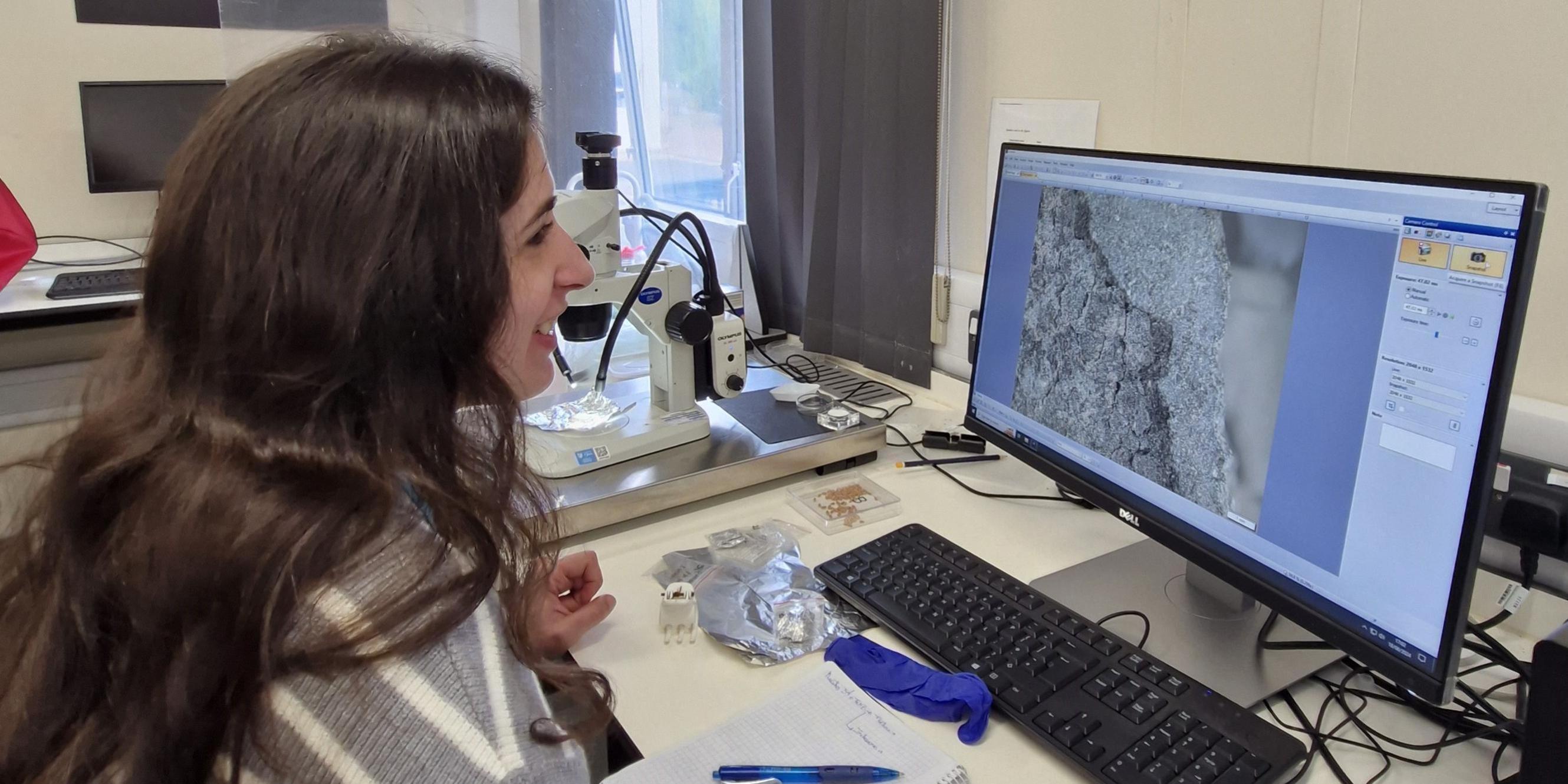The Department of Archaeology welcomes Global South Programme visiting researchers
In June and July the Department of Archaeology is welcoming visiting researchers from the Global South to participate in scientific analysis and training linked to their field of research.

During the two-week visiting fellowships researchers will collaborate with specialists in their chosen research areas including digital heritage, archaeobotany and organic residue analysis.
The scheme is funded by Research England’s “Enhancing Research Culture Funding 2023-24” and aims to develop skills, knowledge and resources in the Global South for archaeological science whilst building durable and equitable partnerships between the University of York and the visitor's home organisation in line with our ambitions for equitable and responsible research.
The first visiting fellow, Dr Daniel Kumah, is a Lecturer at University of Ghana, Legon, Ghana and has research interests including trans saharan archaeology, urbanism, Iron Age societies, digital heritage, and museums and heritage studies. Dr Kumah recently spent two weeks at King’s Manor with Dr Colleen Morgan and Dr James Taylor enhancing his knowledge of digital archaeology and digital heritage, and said of his visit: “My visit to the Department of archaeology and the DAH lab was great experience which would have a lasting impression on my career. During the period, I engaged with experts in archaeology, virtual reality, photogrammetry, photography and video games at the department. I was also involved in various practical sessions with experts in archaeological text annotations at the DAH lab and further interacted with scholars on interpretive experience from the Star Carr exhibition at the Yorkshire Museum. I would apply the knowledge and skills acquired to digitize collections from the Museum of Archaeology and archives at the department of archaeology and heritage studies, University of Ghana.”
BioArCh and PalaeoHub welcomed Daniela Saghessi, a PhD fellow from the Universidad Nacional de La Plata in Argentina, whose interest in the role of plants in Patagonian hunter-gatherers’ diets led her to apply to the fellowship in order to receive training in analysis of archaeological food remains through Scanning Electron Microscopy (SEM) under the mentorship of Dr Lara González Carretero. At the end of her visit Daniela said: “My visit to York and my training in BioArCh and PalaeoHub were experiences full of richness. Not only because I was able to learn new technical knowledge and have results that will improve my career, but also because I was able to start a collaboration between the University of York and my institution.”
The final visitor before the autumn is Dr Francisca Sagredo Santana who will be training in Organic Residue Analysis (ORA) and its application in archaeological science with Prof. Oliver Craig and the team at BioArCh. Dr Sagredo Santana’s current research project on the relations among ancient plants, animals and humans in the Atacama Desert will be greatly enhanced by ORA which is currently unavailable in the archaeological science laboratories in Chile.
More information on the scheme can be found on the Global South Programme webpage and a further call for applications for the period from the 1st August 2024 to the 31st July 2025 will be announced later this year.